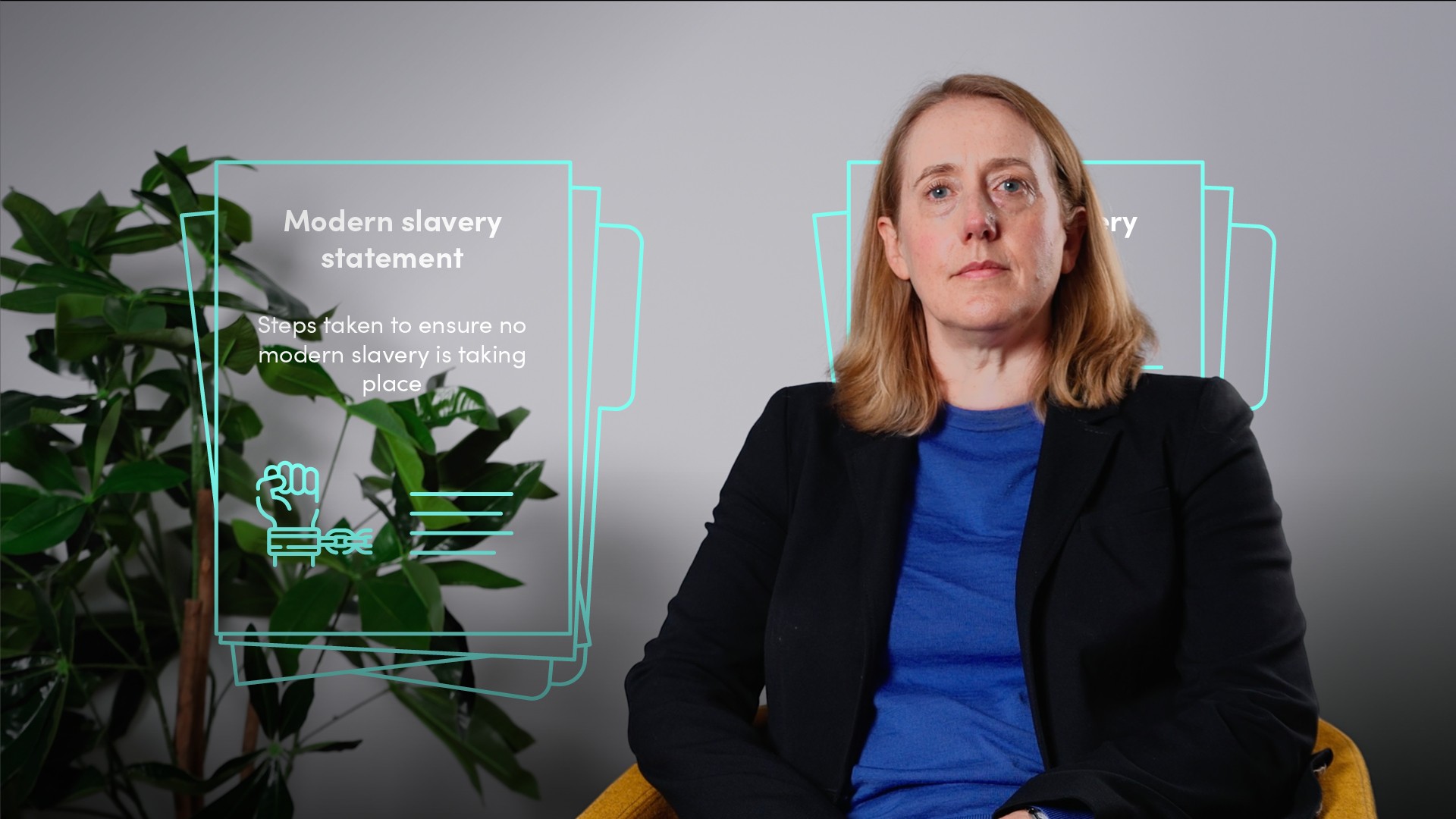
Should You Develop a Modern Slavery Statement?

Sarah Ozanne
Being linked to slavery is disastrous for any company. Join Sarah Ozanne from CMS and learn why publishing a modern slavery statement is crucial, how to engage your board and the consequences of failing to act.
Being linked to slavery is disastrous for any company. Join Sarah Ozanne from CMS and learn why publishing a modern slavery statement is crucial, how to engage your board and the consequences of failing to act.
Subscribe to watch
Access this and all of the content on our platform by signing up for a 7-day free trial.

Should You Develop a Modern Slavery Statement?
9 mins 40 secs
Key learning objectives:
Understand from a governance perspective who needs to publish a modern slavery statement
Outline how to engage senior management on modern slavery statements
Understand the consequences for non-publication of a statement
Overview:
Subscribe to watch
Access this and all of the content on our platform by signing up for a 7-day free trial.
- Provide goods or services
- Carry out part or all of their business in the UK
- Have a global annual turnover of £36 million or more, including subsidiaries' turnover
Subscribe to watch
Access this and all of the content on our platform by signing up for a 7-day free trial.

Sarah Ozanne
There are no available Videos from "Sarah Ozanne"





























